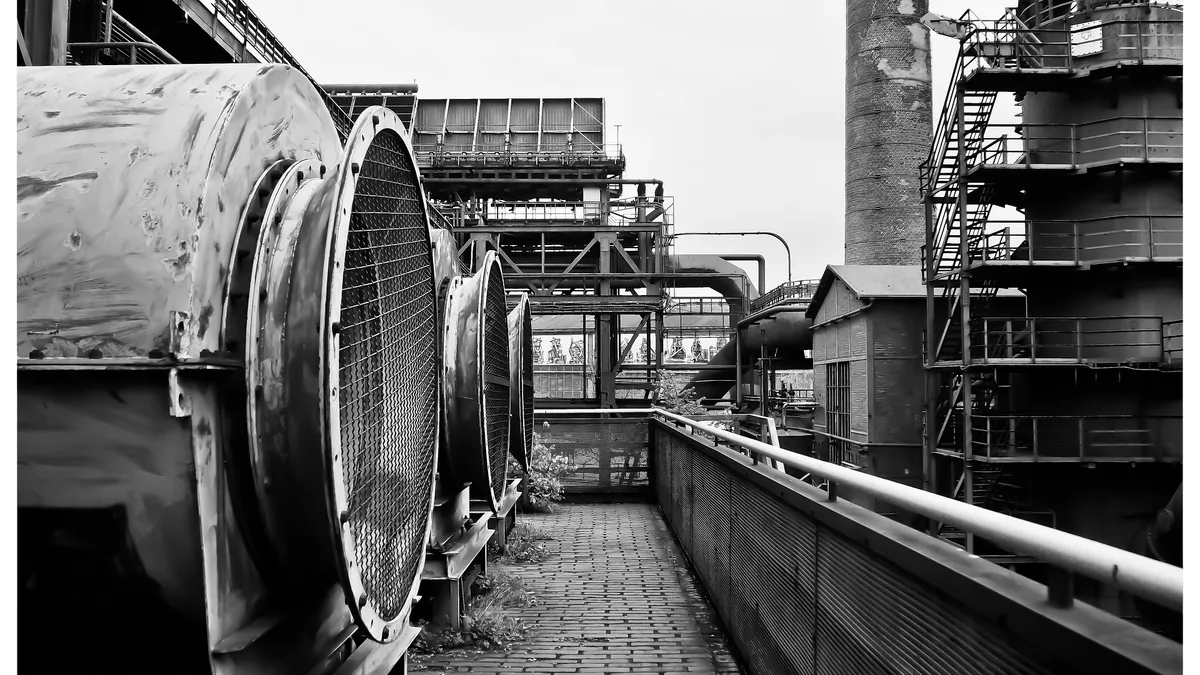Dive Brief:
- In a continuing crackdown on waste products, China announced its intention to banish all imports of solid waste, including scrap metal, by 2020, Recycling International reports.
- "It is not clear whether these actions and announcements are evolving policies or permanent processes and it’s unclear at this time how they will affect the flow of shipments going forward," said Tamara Lundgren, CEO and president of Schnitzer Steel Industries, according to an earnings call transcript.
- China's global imports of ferrous scrap have declined from about 14 million tons to 2 million since 2014, Lundgren said. In April, China set bans on 32 types of scrap metal, to take effect in 2018 and 2019, costing nearly $400 million total.
Dive Insight:
As China continues to take a hard line on scrap imports in a purported effort to create a "beautiful China," Schnitzer isn't the only American company facing an uncertain future.
Over the past several months, China's crackdown has had a detrimental impact on other parts of the supply chain, including ports and ocean carriers, as Supply Chain Dive has reported. Companies are diverting waste to landfills and to other southeast Asian countries, such as Indonesia and India.
Oregon, the home state of Schnitzer's headquarters, has been hit hard by China's policies. Some companies are shutting down their recycling operations, and many recyclers have had to request disposal permission from the state, which had granted 22 such permissions as of early this month.
Lundgren said that the company has been accounting for the changes by adjusting purchase prices, tapping into alternative markets, and investing in processing technologies. "Our target goals do not assume these disruptions will permanently and adversely impact the flows of scrap," she said.
Calling the issue "an evolution that continues to move forward," Lundgren noted that the scrap the company sells has "intrinsic value" and will meet increasing demand in countries around the world, as well as the U.S.
"If recent and future trade actions do not derail the positive GDP and supply discipline trends that we’ve been experiencing for the last 12 to 18 months," Lundgren said, "we expect long-term underlying demand for recycled metals to continue to be in our favor as the world — including China — migrates to more environmentally sensitive production practices including a higher use of ferrous and non-ferrous scraps."















